When it comes to comparing the Series 65 vs Series 7 exam, there are many differences. In today’s post, we explain the differences from a high-level. But, more importantly, we explain how to study for each.
Series 65 vs Series 7 Exam: What’s the difference?
First of all, it’s important to know the source of both exams. The Series 65 Exam is offered by NASAA, while the Series 7 Exam is offered by FINRA. Both are required in order to become a registered representative, or an investment advisor representative.
The content of the curriculum for each overlaps to a certain extent as well. For example, you will find questions related to Options on both exams – complicated strategies, such as straddles and hedging are mentioned in each.
On the other hand, the Series 65 exam deals with much more content around state regulations via the Uniform Securities Act (USA). To the contrary, the Series 7 Exam is much more focused on federal regulations. Specifically those set forth by the Securities Exchange Commission.
Since the Series 65 Exam has such a large portion attributed to understanding law, whereas the Series 7 has much greater focus on understanding securities, and related products and strategies, at Professional Exam Tutoring we recommend different ways to study for each.
Studying for the Series 7
For the Series 7 Exam, we highly recommend, you thoroughly understand the formulas, definitions, and regulations tested.
You can rely a lot more on flashcards and memory work for this exam. Practice questions from Kaplan can be extremely helpful. Especially, in solidifying your knowledge of formulas in the Margin, Options, or Fundamental Analysis sections. Repetition is key, and aiming for about 2,500 questions seems to get most people to, or close to, a passing grade.
Studying for the Series 65
The Series 65 is a slightly different animal.
With less reliance on formulas, and quantitative questions, we recommend a different approach. This exam heavily tests your knowledge of the USA. Understanding the law, and how to apply it, requires interpreting different situations.
It may often seem like there are a lot more gray areas when doing these questions. Therefore consuming a broad array of questions around these sections (Unit 1 in Kaplan) is your best bet. There is less reliance on knowing specific formulas, and quantitative answers. Since the lines are a little more blurred, the best you can do is see a variety of scenarios and learn how to apply the law (or regulation).
Kaplan is an excellent resource and we highly recommend their QBank. Spending a lot of time in Unit 1 will significantly fine-tune your understanding of the variety of scenarios possible.
Doing a couple thousand practice questions here is also recommended depending on how your practice scores progress. The number really depends on how long it takes you to reliably score in the 82% to 85% range on comprehensive practice exams. The higher end of this range is where we see students consistently pass the exam.
Overall, there are similarities between the Series 65 vs Series 7 Exam. Both require a lot of hours of studying, but the approach can be very different. We hope the above helped, and if you have any questions, feel free to reach out for a Series 65 tutor. Good luck and happy Thanksgiving!

